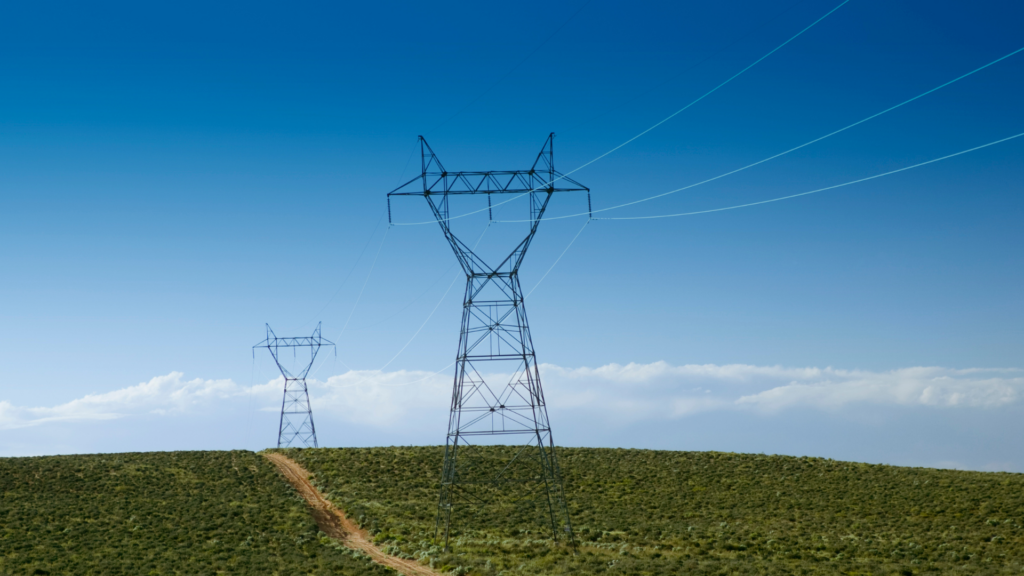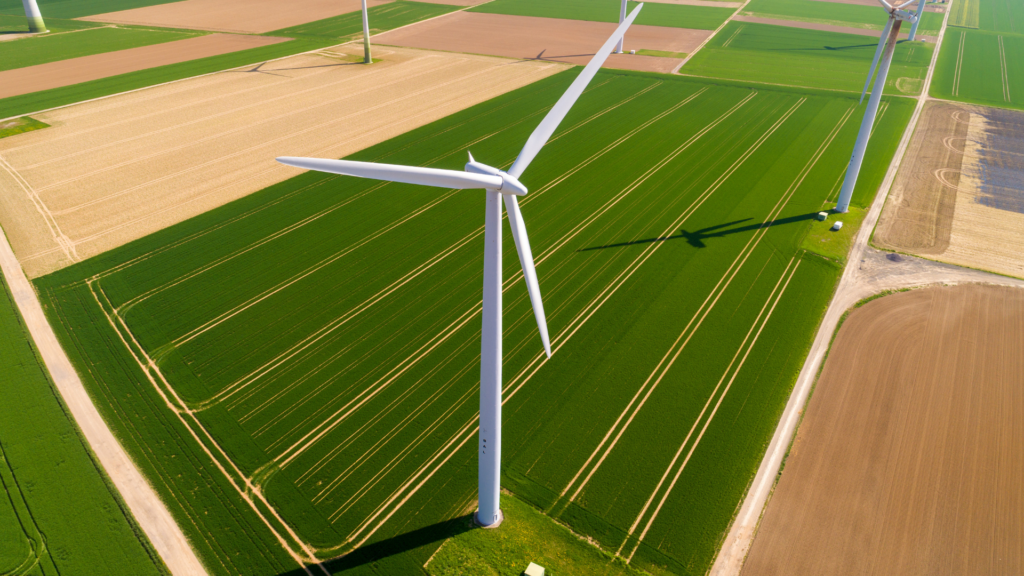07.05.2020 / News
Energy Storage Industry Calls on EU Policymakers to Make Ambitious Energy Transition Efforts Central to the COVID-19 Recovery
The COVID-19 pandemic has led to staggering transformations across societies and economies in just a short period of time. The European energy system has been strongly impacted: there have been significant changes in energy demand patterns as many citizens are confined to their homes and overall demand since economic activity slowed, while social distancing and teleworking measures impacted operations of companies and caused supply chain disruptions. Nonetheless, the system has proven its resilience in supplying energy to consumers throughout the crisis.
Like all segments of the energy industry, the energy storage sector has been impacted by the economic slowdown, although the effects differ significantly across companies, industry segments, and countries. EASE is gathering views from its members – which are active across the entire energy storage value chain and have operations in many different countries – on how the pandemic impacts them, how energy storage is proving its worth in helping cope with the new challenges facing the energy system, and how energy storage can support the economic recovery.
First Insights into the Impacts on the Energy Storage Sector
In March 2020 – prior to the first real impacts of COVID-19 in Europe – the fourth European Market Monitor on Energy storage predicted a 30% increase in annual electrical energy storage deployments across Europe in 2020 compared to 2019. However, the COVID-19 pandemic risks slowing down this positive growth across the sector.
In order to better understand the impacts of COVID-19 on the storage industry, EASE collected first inputs from industry representatives through an online questionnaire between 8 and 21 April 2020. Among the 33 respondents from various parts of the energy storage sector, 60% expected to see lower Q2 revenues compared to the forecasts as a result of the COVID-19 pandemic. Of these, 15% expected significantly lower revenues (30% or more drop in revenues compared to forecasts).
The biggest impacts for the energy storage sector are expected in the market development segment as well as in project elaboration and development. Some respondents noted that manufacturing was most impacted in the short-term but that the long-term effects would most likely be seen in market development. This means that without extra policy efforts to speed up the recovery and support energy storage deployment, projects might be delayed or postponed. The energy system therefore risks missing out on the valuable flexibility solutions brought by these storage projects, which are essential in order to ensure a cost-effective transition to a decarbonised energy system.
Policymakers Must Pursue Ambitious Green Recovery
The energy storage sector is committed to supporting the efficient and secure operation of the energy system throughout the COVID-19 crisis, as well as aiding the economic recovery that is now beginning.
EASE underlines that the dual challenges of economic recovery and decarbonisation should be addressed together. Ambitious EU policy can boost the clean technologies sector, creating jobs and economic growth while addressing the pressing climate challenge. This is even more important since many innovative companies have recently entered the growing clean technologies market. They may struggle to survive if these two topics are not be addressed together since investor confidence could wane.
For a successful and sustainable economic recovery, several key aspects should be considered:
- The COVID-19 recovery should be a green recovery. Rapid implementation of the European Green Deal policies is essential to send strong investment signals and show the EU’s enduring commitment to decarbonisation.
- The policy priorities should be based on the key aspects of the European Green Deal. The European Commission has outlined three priorities for the green recovery: boosting buildings renovation, accelerating renewables development, and investing in innovative clean energy technologies.
- The ‘Renovation Wave’ proposals should include a focus on energy efficiency but also energy optimisation: employing technologies such as energy storage (such as batteries, thermal storage) to help consumers maximise the share of self-generated renewable energy, optimise their energy consumption (including in heating and cooling), and enable smart EV charging.
- Accelerating renewables deployment requires also speeding up the deployment of flexibility technologies such as energy storage to ensure cost-effective integration of variable renewables into the system. Rapid implementation of the Clean Energy Package provisions and strategic planning for energy storage in the National Energy and Climate Plans should be encouraged by all Member States.
- Increased investments in energy storage research, demonstration, and deployment are essential to support the EU’s global leadership in clean energy technologies while creating new employment opportunities.
- Previously agreed pathways to decarbonisation should not be neglected. In addition to these three priorities, EASE calls on policymakers to consider the following:
- The Commission should prioritise proposing its smart sector integration strategy, which should enable energy storage to reach its full potential in linking the different sectors.
- In addition, momentum should not be lost to speed up decarbonisation of the transport sector, fully considering that storage can support the efficient roll-out of charging infrastructure.
We believe that these measures will boost the economic recovery, support job creation, cement the EU’s industrial and climate leadership, and also tackle the climate crisis.
Next Steps
The COVID-19 challenge could be a huge opportunity to revitalise the European economy, but strong political leadership will be needed. Continued dialogue between energy sector players and policymakers can support this important effort.
EASE will continue to engage with its members and the broader industry to understand the impacts of the COVID-19 pandemic for the energy storage sector and to support, where possible, the efforts towards rebuilding the economy.




